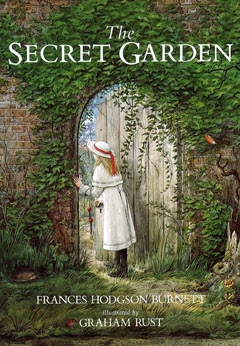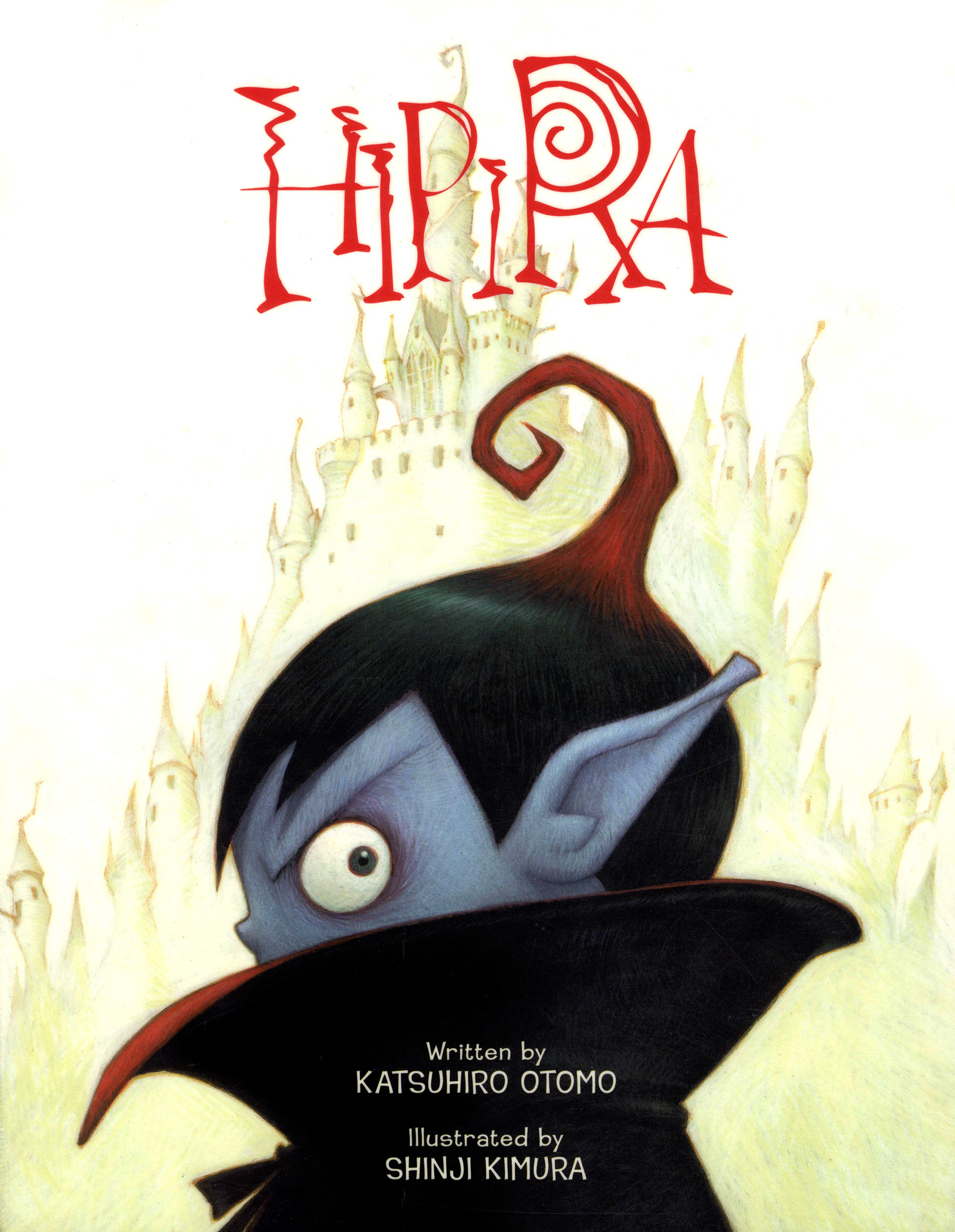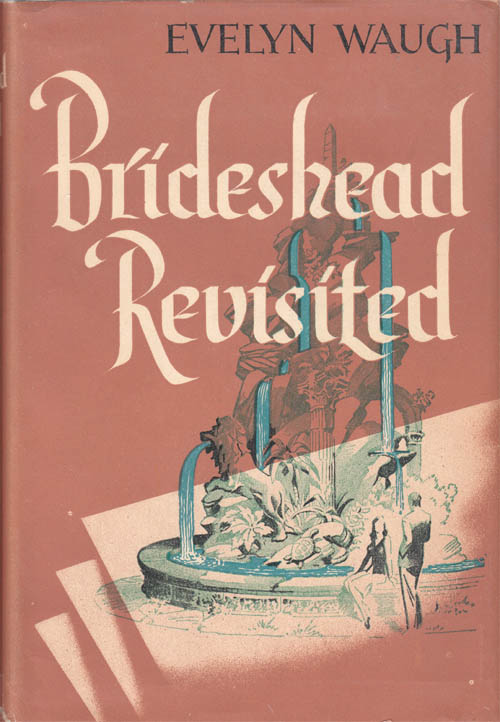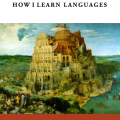“The wrath of God is being revealed from heaven against all the godlessness and wickendenss of men who suppress the truth by their wickedness, since what may be known about God is plain to them, because God has made it plain to them. For since the creation of the world God’s invisible qualities 0 his eternal power and divine nature – have been clearly seen, being understood from what has been made, so that men are without excuse.
For although they knew God , they neither glorified him as God nor gave thanks to him, but their thinking became futile and their foolish hearts were darkened. Although they claimed to be wise, they became fools and exchanged the glory of the immortal God for images made to look like mortal man and birds and animals and reptiles.” – Romans 1:18-22
A rightly famous passage from the Bible, but what does it have to do with a children’s book from 1911? Plenty, as I saw as I waded though all the proto-New Age ramblings Frances Hodges Burnett stuffed The Secret Garden with. First a quick blurb as usual:
In this timeless, enchanting tale, a lonely orphan girl, Mary, finds the key to an abandoned garden which she determines to restore. As she and her invalid cousin Colin tend the arden, with the help of their new friend Dickon, their lives change in mysterious, wonderful ways.
The magic of the Secret Garden transforms the lives of all who enter.
The story itself isn’t bad, as far as children’s stories go. Mary, Dickon and Mary’s cousin Colin discover an abandoned garden locked away by Colin’s grieving dad. They sneak in there day after day planting and weeding and cleaning the place up to make a little hideaway for themselves. Eventually Colin’s dad comes home and discovers what they’ve done and that Colin isn’t actually an invalid, and they all live happily ever after. It’s cute stuff and must have resonated with generations of kids who wish they had a secret hideout and a house all to themselves and that their neglectful parents would show up one day and think they were absolutely wonderful. Wish-fulfillment and children’s books usually go hand in hand, after all.
What got me shaking my head was the author’s vigorous denial of anything approximating God within nature. And be sure it’s the author not the children doing the dismissal. So you have children plant seeds, weed gardens, the rain falls, the wind blows, the sun shines, the flowers bloom, and who gets the credit? “Magic”! It must be magic, after all, it couldn’t possibly be God. And to hammer that point home, Burnett has the characters sing “Praise God from whom all blessings flow” only to follow it immediately by a dismissive “Well God and Magic must be the same thing” from Colin and that’s the end of that.
On top of that Burnett has her characters sit around in a ‘mystic circle’ where they chant made-up incantations at each other about how wonderful nature is. And these mantra chanting sessions are compared unfavorably with church sermons, which are implied to be boring, ritualistic cash-grabs. This is not the sort of thing I’d let my children read if I had any.
“Come on, it’s a children’s book, not a a religious tract!” you say, and you’re completely right. But that only makes it all the more insidious the way the writing deliberately aims to shift all the credit for growth and blessings on some ‘unknown force’ instead of onto God. If they never sang the Doxology and never even mentioned God you could write it off as just another children’s fantasy novel, but bringing Him up just so you can ‘put Him in his place’ and promote your own vague, unformed nature-worship ideas to children is more than just ignorant, it’s evil and dangerous.
“If anyone causes one of these little ones–those who believe in me–to stumble, it would be better for them if a large millstone were hung around their neck and they were thrown into the sea.” – Mark 9:42. With that in mind, while The Secret Garden wasn’t a bad read, I’m not going to let my nieces and nephews get their hands on this book. If an author wants to indulge in a fantasy world, good for them, but active God-deniers have no place in my library.




